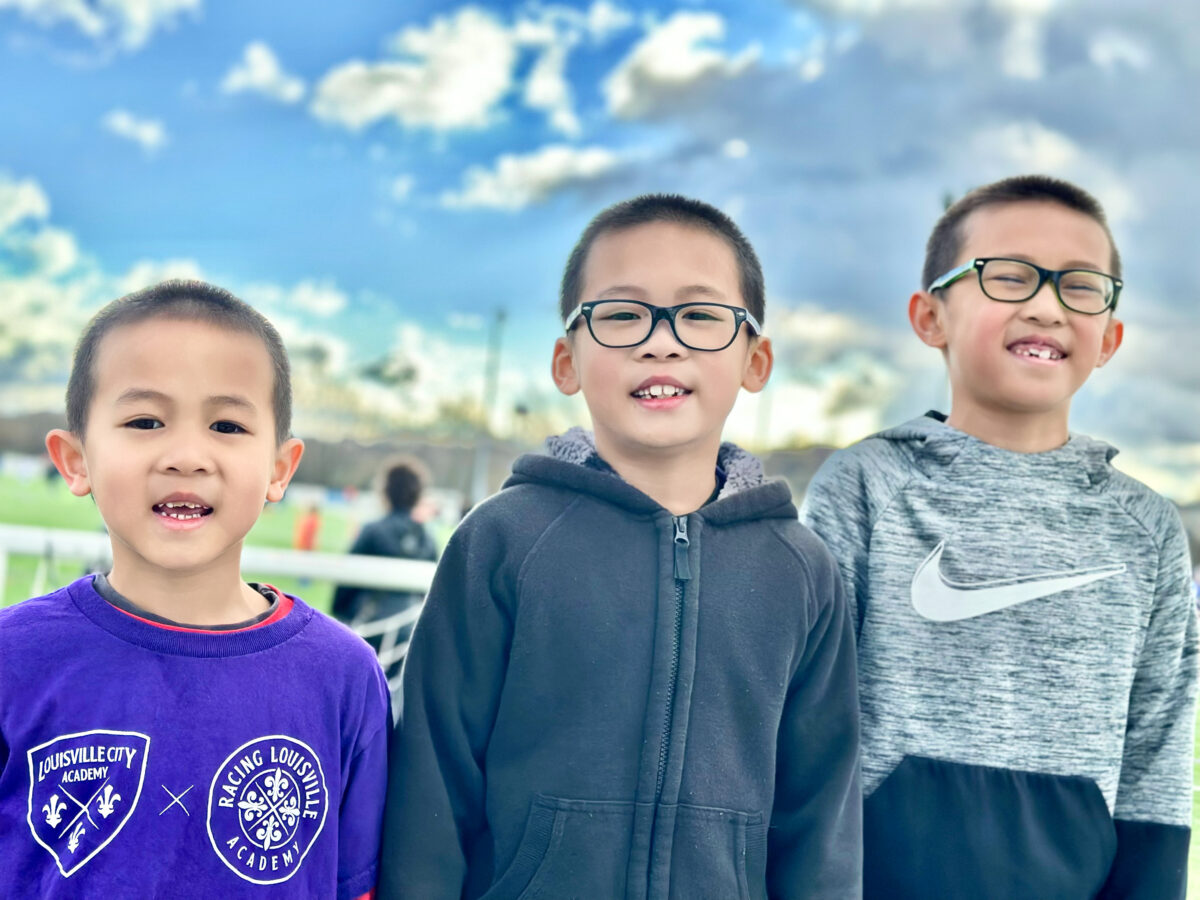Introduction: Education is a transformative process that plays a crucial role in shaping the lives of young learners. While imparting knowledge and skills, it is equally important to consider the child’s perspective and needs. Empathetic teaching, where educators put themselves in the child’s shoes and think from their point of view, fosters an environment of understanding and collaboration. This article explores the significance of empathetic teaching and highlights the philosophies of renowned educators who advocated for this approach.

- John Dewey: Child-Centered Education John Dewey, a prominent American philosopher and educator, championed the concept of child-centered education. Dewey believed that the classroom should be a democratic space where the child’s interests, experiences, and individuality are valued. By understanding the child’s perspective, educators can tailor their teaching methods to meet the needs and motivations of each student. This approach encourages active engagement and instills a love for learning.
- Maria Montessori: Individuality and Self-Directed Learning Maria Montessori, an Italian physician and educator, revolutionized education with her Montessori method. Montessori emphasized the importance of recognizing and respecting each child’s individuality. Her approach encourages self-directed learning in a prepared environment that caters to the child’s natural curiosity. By giving children the freedom to explore their interests, make choices, and learn at their own pace, Montessori believed that educators could truly understand and support the child’s unique development.
- Jean Piaget: Adaptation to Cognitive Abilities Jean Piaget, a Swiss psychologist and developmental theorist, focused on the cognitive development of children. His research led to the formulation of a theory that highlighted the importance of understanding the child’s stage of development when teaching. Piaget emphasized the need to adapt teaching methods to match the child’s cognitive abilities. By considering the child’s perspective and providing appropriate challenges, educators can create a supportive learning environment that nurtures cognitive growth.
Conclusion: Empathetic teaching is a powerful approach that fosters a harmonious connection between educators and young learners. By putting themselves in the child’s shoes and understanding their perspective, educators can create an environment where learning flourishes. John Dewey, Maria Montessori, and Jean Piaget are just a few of the notable educators who emphasized the significance of empathetic teaching in their work. Their philosophies align with the notion that teaching should go beyond imposing authority and instead prioritize understanding, respect, and collaboration. By embracing empathetic teaching, educators have the opportunity to inspire and empower young minds, leading to a brighter future for all.
References:
- Dewey, J. (1916). Democracy and education. The Free Press.
- Montessori, M. (1912). The Montessori method: Scientific pedagogy as applied to child education in the children’s houses. Frederick A. Stokes Company.
- Piaget, J. (1977). The development of thought: Equilibration of cognitive structures. Viking Press.


